Confederate Truths: Documents of the Confederate & Neo-Confederate Tradition from 1787 to the Present.
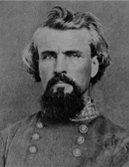

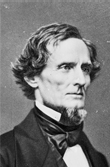
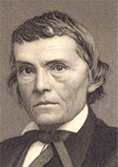


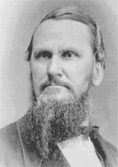
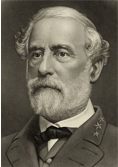
Threat of Civil War in Response to Abolition Petitions in the U.S. House, Feb. 12, 1790
Threat of Civil War in Response to Abolition Petitions in the U.S. House, Feb. 12, 1790
Threats of civil war over the issue of slavery were not long in coming after the adoption of the Constitution.
February 12, 1790, from Page 1240-1, Gales & Seaton's History of Debates in Congress, Annals of Congress, 1st Congress, 2nd session, the comments of Mr. Tucker in response to abolitionist petitions submitted to Congress by the Quakers and the Pennsylvania Society for promoting the Abolition of Slavery, with Benjamin Franklin as its president.
Mr. Tucker was very sorry the petition had a second reading, as he conceived it contained an unconstitutional request, and from that consideration he wished it thrown aside. He feared the commitment of it would be a very alarming circumstance to the Southern States; for if the object was to engage Congress in an unconstitutional measure, it would be considered as an interference with their rights, the people would become very uneasy under the Government, and lament that they ever put additional powers into their hands. He was surprised to see another memorial on the same subject, and that signed by a man who ought to have known the Constitution better. He thought it was a mischievous attempt, as it respected the persons in who favor it was intended. It would buoy them up with hopes, without a foundation, and as they could not reason on the subject, as more enlightened men would, they might be led to do what they would be punished for, and the owners of them, in their own defence, would be compelled to exercise over them a severity they were not accustomed to. Do these men expect a general emancipation of slaves by law? This would never be submitted to by the Southern States without a civil war. Do they mean to purchase their freedom? He believed their money would fall short of the price. Bu how is it they are more concerned in this business than others? Are they the only persons who possess religion and morality? If the people are not so exemplary, certainly they will admit the clergy are; why, then, do we not find them uniting in a body, praying us to adopt measures for the promotion of religion and piety, or any moral object? They know it would be an improper interference; and to say the best of this memorial, it is an act of imprudence, which he hoped would receive no countenance form the House.